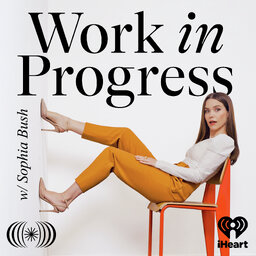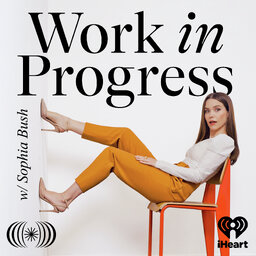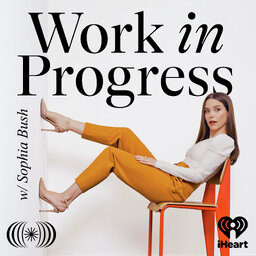Radhi Devlukia
Trained dietitian, entrepreneur, and plant-based cook Radhi Devlukia transformed her relationship with food by consciously cooking and using meals to support her well-being, and she's on a mission to help others take their health back into their hands through good, flavorful food!
Radhi joins Sophia to talk about how her upbringing and personal life led to her career path, how anxiety is wrecking your gut health, and the benefits of Ayurveda, which leads Sophia to reveal how an Ayurvedic cleanse helped with her asthma.
Plus, Radhi talks about her new cookbook, "Joyfull: Cook Effortlessly, Eat Freely, Live Radiantly," and shares the recipe for a drink that will help jump-start digestion and help with bloating and gas.
 Work in Progress with Sophia Bush
Work in Progress with Sophia Bush


